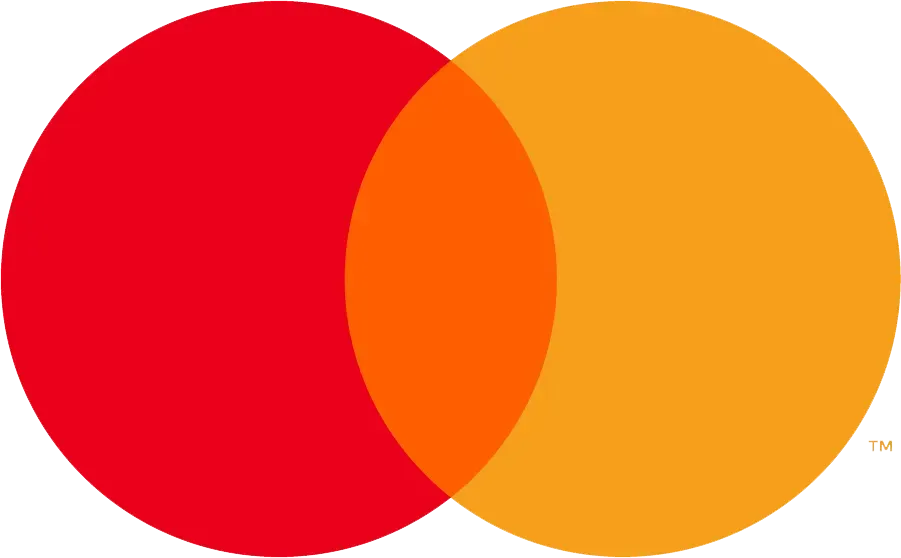Birthday Fun Facts
Birthdays, a universal celebration that transcends borders and cultures, are unique in our lives. They mark the passage of time, the joy of existence, and the opportunity for new beginnings. Birthdays are not just about cake and candles; they are deeply rooted in traditions and customs that vary widely across the globe.
Birthdays are significant in diverse cultures, often symbolising personal growth, the passing of wisdom, or the start of a new chapter. Whether it’s the joyous festivals in India, the Quinceañera celebrations in Latin America, or the sweet sixteen parties in the United States, birthdays unite humanity in the joy of life and the appreciation of our existence.
In this article, we will embark on a fascinating journey to explore amazing birthday fun facts from around the world.
Fun Facts About Birthday Celebrations
1. Origin of Birthday Candles
To truly understand the magic of birthday candles, we must travel back to ancient Greece. The Greeks believed every person had a protective spirit or daemon present at birth and watched over them throughout their life. They would offer cakes with lit candles to pay homage to this spirit.
Blowing out candles, a widespread tradition today is also rooted in history. It was believed that the smoke carried the wishes and prayers of the person making the birthday wish to the heavens, making it more likely to come true. Over time, this custom spread to various cultures and became integral to birthday celebrations worldwide.
2. Birthday Traditions in Different Cultures
As we journey across the globe, we encounter an array of fascinating birthday traditions. In South Korea, there’s a unique tradition called Doljanchi, where a child is placed in front of a selection of objects, each symbolising a different future path. The one the child grabs is believed to foretell their destiny.
In Mexico, the Quinceañera celebration marks a girl’s transition to womanhood on her 15th birthday, with a grand party that includes a tiara, ball gown, and a touching religious ceremony. Meanwhile, in Japan, children celebrate their 3rd and 7th birthdays with a special ceremony called Shichi-Go-San, which includes dressing in traditional kimono and visiting shrines.
3. The Most Common Birthdays
Have you ever wondered if some birthdays are more common than others? Statistical data reveals that September 9th is one of the most common birthdates in the United States, while February 29th is the least common because it is a leap year date. The factors contributing to these common birthdates are complex and intriguing, encompassing various cultural, environmental, and biological influences.
4. Famous People Born on Your Birthday
Have you ever thought about the famous individuals who share your birthday ? With the internet at your fingertips, finding out is easier than ever. Many websites and apps allow you to discover which celebrities, historical figures, or notable personalities were born on the same day as you. Connecting with the past and gaining a sense of shared history is fun.
Fun Birthday Facts and Trivia
5. The Largest Birthday Cake Ever Made
Imagine a birthday cake that could feed an entire town! The record-breaking birthday cake measured a staggering 26,548 pounds and was created in the United States. This colossal cake was baked for a small town’s centennial celebration, symbolising unity and community spirit.
6. Birthday Superstitions
Superstitions often play a significant role in birthday celebrations. For example, in Russia, it’s considered bad luck to celebrate a birthday before the actual date, while in some Asian cultures, giving gifts in sets of four is avoided because the word for “four” sounds similar to the word for “death.”
The origins of these beliefs are fascinating and often rooted in cultural and historical contexts. They add an intriguing layer to the tapestry of birthday traditions worldwide.
7. The Science of Birthday Wishes
Have you ever wondered why we make a wish before blowing out the candles? The psychology behind it is intriguing. Making a wish on your birthday taps into the power of positive thinking and intention. It’s a ritual that can boost our optimism and motivation. Additionally, the placebo effect can play a role in fulfilling these wishes, showing the remarkable influence of our minds on our reality.
Birthday Fun Facts for Different Age Groups
8. Milestone Birthdays
Certain birthdays hold special cultural and social significance. The 1st birthday, often marked by a smash cake, symbolises a child’s transition from infancy to toddlerhood. The 18th and 21st birthdays are milestones in many countries, representing the legal age of adulthood and the right to vote and consume alcohol, respectively. And the 50th birthday is often celebrated with a grand party, signifying a half-century of life and wisdom.
9. Unique Challenges for Leap Year Birthdays
Individuals born on February 29th, known as leap day, face unique challenges. Since it occurs only once every four years, leap year birthdays require special consideration regarding legal matters, birthdays, and age-related milestones. Some people celebrate on February 28th or March 1st in non-leap years, while others embrace the rarity of their birthdate and celebrate in a way that truly stands out.
10. Flowers as Birthday Gift
Across the globe, flowers have always been a favourite choice for birthday gifts , symbolising love, respect, and good wishes. In different cultures, specific blooms carry particular meanings, making gifting flowers a profound gesture. For instance, it’s customary in Russia to gift an odd number of flowers, as even numbers are reserved for funerals. The delicate white chrysanthemum in Japan represents longevity and happiness, making it a popular birthday flower. Meanwhile, the West’s vibrant and aromatic birth flowers, such as roses for June or daffodils for March, are chosen based on the celebrant’s birth month.
Moreover, in Vietnam, the fragrant and elegant lotus, symbolising purity and commitment, is often gifted as a gesture of deep respect on someone’s birthday. Regardless of the country or the tradition, giving flowers on birthdays is a universal way of conveying heartfelt wishes, celebrating the beauty of life, and cherishing the blossoming of another year.
Conclusion
Birthdays are more than just a cake and candles; they reflect our culture, history, and beliefs. As you celebrate your birthday or those of loved ones, take a moment to appreciate the depth and diversity of birthday traditions worldwide. Each culture brings its unique flavour to the celebration, making birthdays a global phenomenon. Embrace the joy of existence and the opportunity for new beginnings that birthdays offer.
Why not incorporate a touch of beauty and fragrance into your next birthday surprise? With Bourkes Florist , choosing the perfect bouquet is just a click away. Elevate your birthday wishes and let our blooms convey the unsaid. Place your order with us!
FAQs
Q: What is the significance of blowing out birthday candles?
Blowing out birthday candles is a tradition in ancient Greece. It was believed that the smoke carried the birthday person’s wishes and prayers to the heavens, making them more likely to come true.
Q: Are there common birthday superstitions?
Yes, there are many common birthday superstitions from various cultures. For example, in some cultures, it’s considered bad luck to celebrate a birthday before the actual date, and giving gifts in sets of four is avoided because the word “four” sounds similar to “death.”
Q: Why do some people celebrate their birthdays on February 28th or March 1st in non-leap years if they were born on February 29th?
Individuals born on February 29th, or leap day, may celebrate on February 28th or March 1st in non-leap years because their birthdate occurs only once every four years. This allows them to mark their birthday without waiting for the next leap year.



























